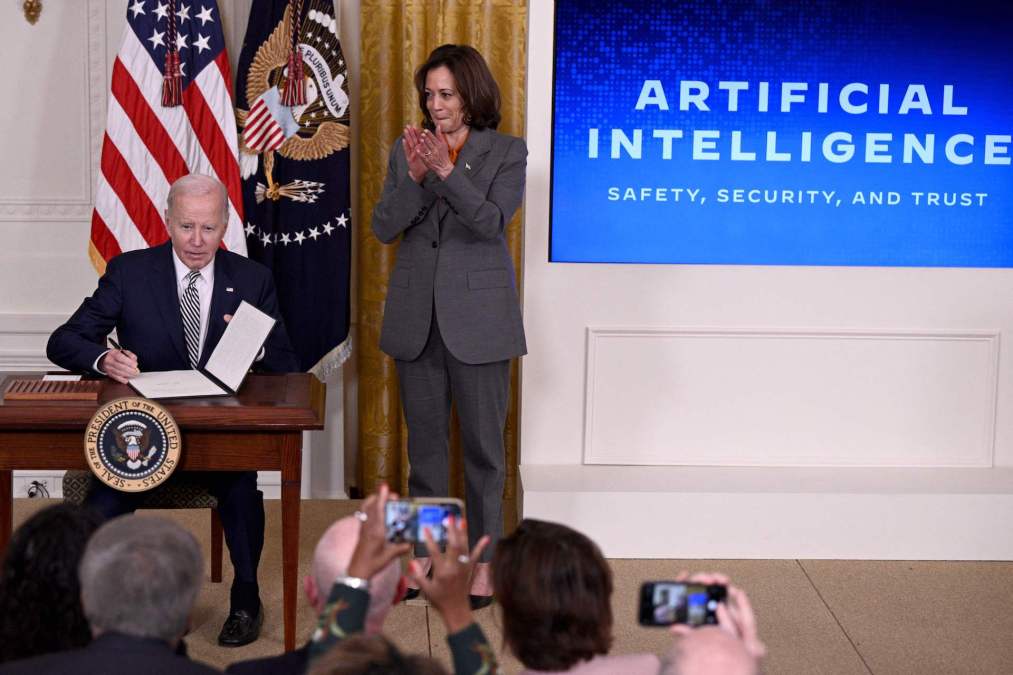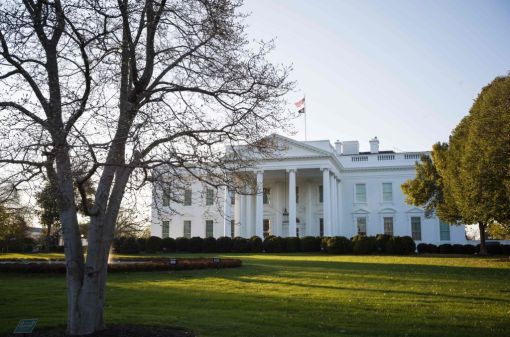UN passes first standalone AI resolution

The United Nations on Thursday passed a standalone artificial intelligence resolution that aims to encourage the protection of personal data while strengthening privacy policies and compliance with international human rights laws.
Speaking with reporters Wednesday about the UN’s AI resolution, a senior Biden administration official said that as the technology continues to evolve, the U.S. will “continue to lead on the issue here at home and internationally.”
The resolution, according to the official, reflects what the Biden administration is striving for regarding domestic AI governance. The administration tried to translate the definitions of trustworthiness and reliability from the AI executive order and then extend those into a document “which could secure agreement in the international system.”
“We will catalyze action to bridge [the] digital divide and build capacity so that all countries of the world can take advantage of this transformative technology,” the official said. “And the resolution will further protect human rights and advance the underlying goals of the UN charter. This is the first standalone resolution on AI at the UN, but it will certainly not be the UN’s last statement on this technology.”
The official shared that the creation and finalization of this resolution took more than three months, and “resulted in the consideration of thousands of edits and feedback from 120 countries.” The agreement looks to harness AI to advance progress on sustainable development goals including poverty eradication, health, energy and education, the official added.
“I think it’s also important to understand the fact that 193 countries that often can’t agree on anything at the UN were able to agree on this,” the senior administration official said. “I think [it] shows that this issue of AI is so transformative, not only from the technology standpoint but in terms of the potential opportunity that people see. I think it transcended the usual geopolitical divisions that we have here in the United Nations.”
The resolution does not include military uses of AI, though the official shared that conversations about defense applications of the technology are ongoing in “ample places,” including in the UN system. Additionally, the official said that the administration believed there was an opportunity to have conversations about responsible and secure AI in a civilian context, which was “very important and deserved, and merited its own attention and focus.”
“In looking across the broad sweep of AI considerations in the world, we made a purposeful choice in pursuing a consensus-based UN resolution to not include military uses in this resolution,” the senior administration official said.
The official pointed to the consensus resolution, and mentioned during the call that the number of member state co-sponsors was growing “by the hour.” At the time of the briefing, the number of co-sponsors had grown to 97, more than half of the UN membership.
Significantly, U.S. adversaries such as China are supporting the resolution, the official noted, “as are all the 193 countries at the UN.” The administration official said the UN is actively engaging with China, Russia, Cuba and other nations that “often don’t see eye-to-eye on issues,” as well as including suggestions from those countries.






